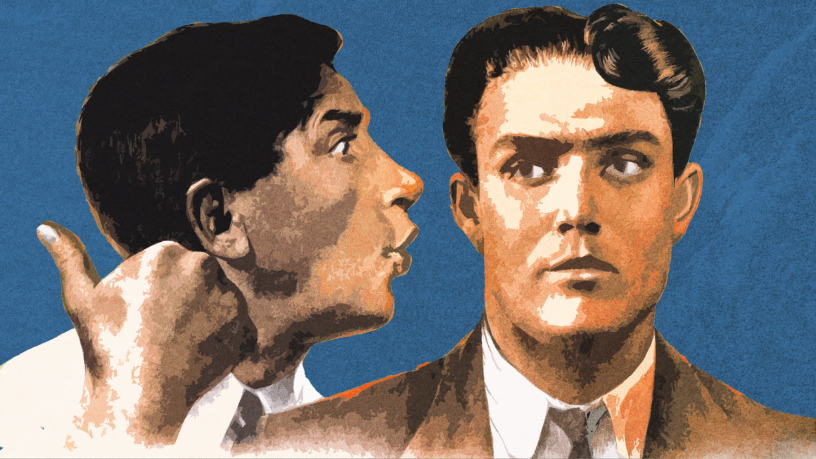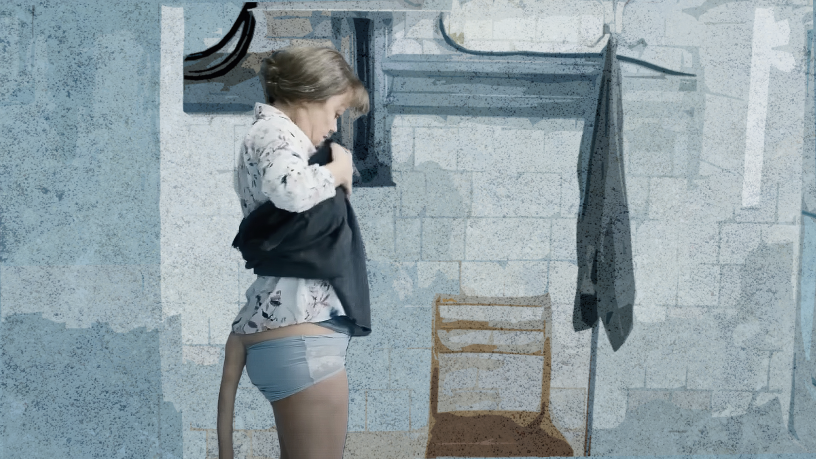Author: Дмитрий Герчиков
-
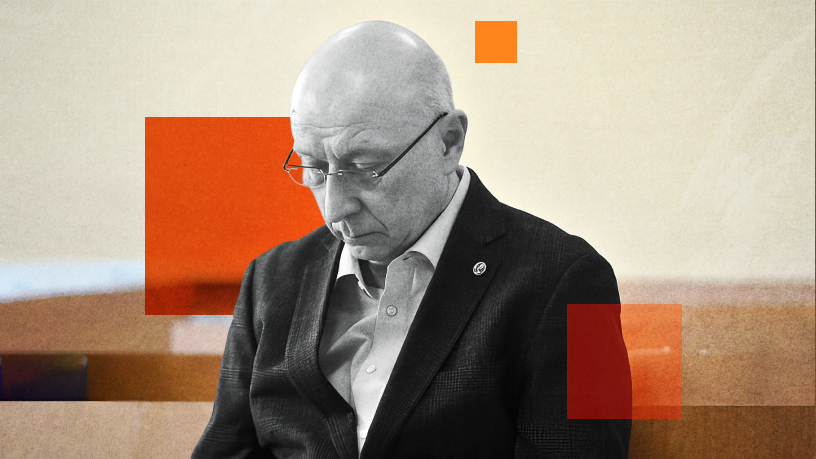
“The accusation against Oleg Kabov is a mental attack”. The prosecutor’s office requested a seven-year sentence for the scientist and a ban on working in science for another three years
The Novosibirsk prosecutor’s office has come up with such a way of correcting physicist Oleg Kabov, a corresponding member of the Russian Academy of Sciences. The prosecution asked for seven years in a general regime colony , a fine in the amount of his salary for three years, a restriction on leaving his place of…
-
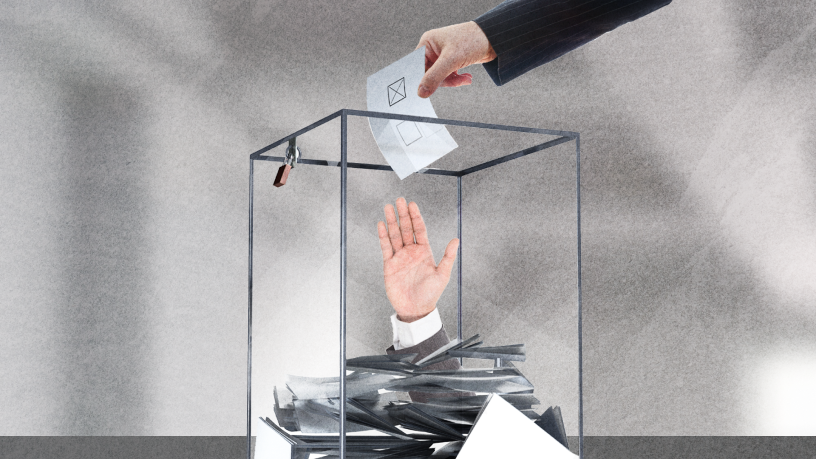
“You don’t even represent us”. As a result of falsifications, the Academic Council of IPPI RAS was headed by Dissertnet figures
T-invariant has repeatedly described how the Ministry of Education and Science and the leadership of the Russian Academy of Sciences are destroying the Institute for Information Transmission Problems (IPPI RAS). The demonstrative cancellation of the contract with the head of the institute, Andrei Sobolevsky, ignoring the opinion of scientists, led to a conflict between the…
-

State Corporation “Unified Perimeter”.
How Putin’s daughter and her photomodel friend decided to make Innopraktika an integrator of all high-tech companiesThe Innopraktika Foundation of Vladimir Putin’s daughter, Katerina Tikhonova, has made a number of statements about its readiness to gather development institutions into “one perimeter”. The public speaker to promote these initiatives was Tikhonova’s friend Natalia Popova, a former photo model and now the first deputy general director of Innopraktika. Over the past few years,…
-
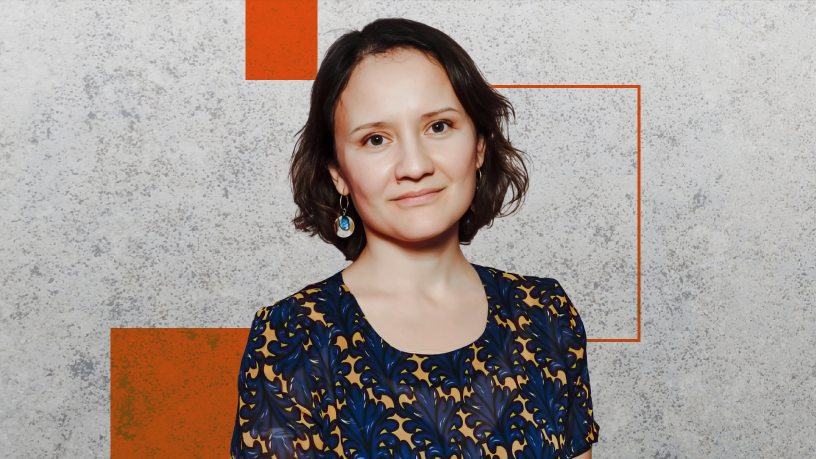
Tatiana Glezer: “95 per cent of journalists cite data from the Gaza Ministry of Health – that is, Hamas”
An international team of scientists analysed 1,378 stories in the world’s leading media about casualties of the war in Gaza. It turned out that 85 per cent of these publications did not distinguish between fighters and civilians, and 95 per cent used data provided by the Gaza Ministry of Health, which is run by Hamas.…
-
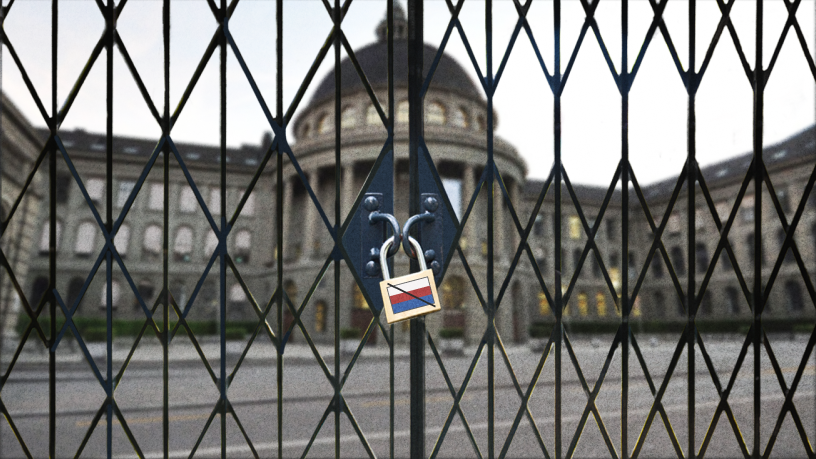
Swiss cross on Russian students: famous Zurich university imposes sanctions on them for “security reasons”
The ETH Zurich has adopted new security rules that effectively make it impossible for Russian students to enrol in the university’s master’s and doctoral programmes. T-invariant managed to speak to students who have lost the opportunity to study at this prestigious institution and to take comments from the ETH itself.
-
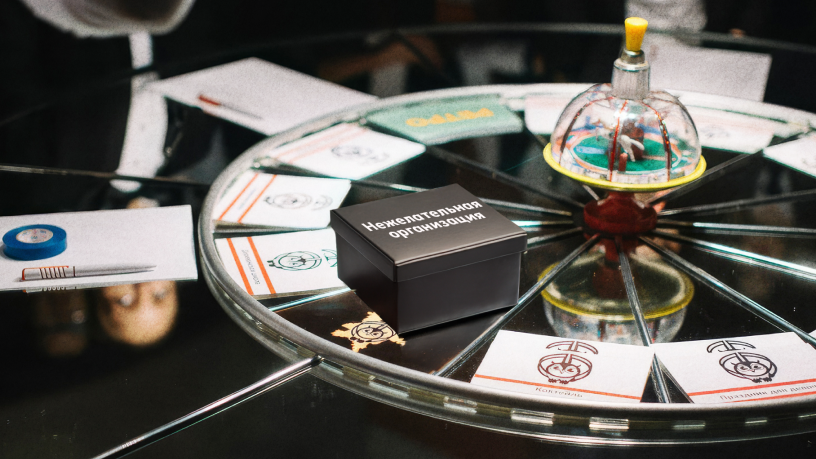
Prosecutors pulled the crystal owl over the Russian globe: how the CHGKs became undesirable
In November 2024, the Prosecutor General’s Office of the Russian Federation recognized the International Association of Intellectual Games (IAIG) as an undesirable organization. This absurd, at first glance, decision was preceded by a long history of ethical transformation and split of the once united intellectual community. Today, this confrontation looks like it was caused by…
-

Sovereign Journals for Sovereign Science: How the System of Scientific Periodicals in Russia is Collapsing
The redistribution of the market for the publication and distribution of academic scientific journals has led not only to serious delays in the publication of scientists’ works, but also to Russia’s self-isolation in the global market of scientific periodicals. By the beginning of December 2024, almost 75% of Russian academic scientific journals have not gone…
-

Andrei Yakovlev: “It will not be the late USSR, but a thawed outcast with a nuclear truncheon”
Today one can hear more and more often that Russia in the coming decades will live under “eternal Putin”. The political regime is stable, the economy shows stability. Will the country turn into the USSR 2.0 or into an “orthodox Iran”? Are there prerequisites for regime change in Russia? T-invariant spoke to Andrei Yakovlev, a…
-

Leaders of education. Who leads universities in Russia?
Viktor Sadovnichy, the 85-year-old rector of Moscow State University, has been reappointed for a seventh term. This is not quite a typical situation: today the average age of a rector is under 60. T-invariant has studied the biographies of the heads of Russian universities in detail and realised that the problem with the rector corps…
-
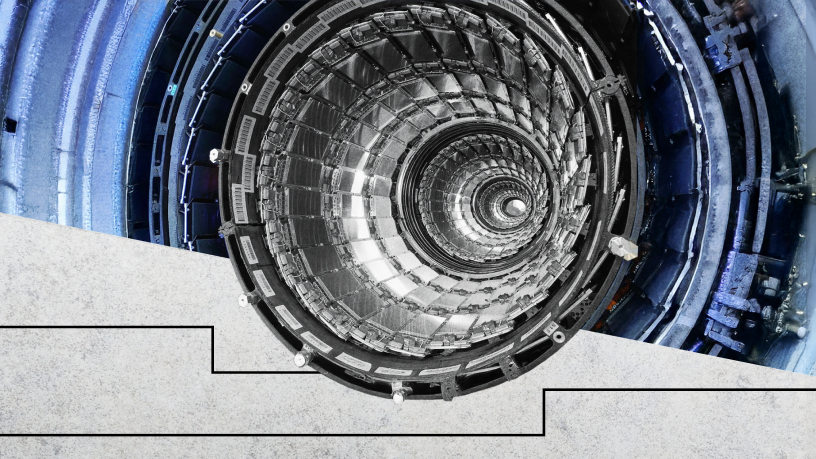
“Kovalchuk proposes that our scientists become a dish on the table of an ogre.” Why Russia has failed to maintain relations with CERN
on 30 November 2024, the five-year agreement between the European Organisation for Nuclear Research (CERN) and the Russian Federation will end. T-invariant recalls how dramatically CERN and Russia have severed their relations over the past years and publishes an interview with a witness to these events – scientist Andrei Seriakov from St Petersburg.
-

And Bakhtin could not cover it up. the “impure turn” taken by anthropologists from the two capitals could not be swept under the carpet of censorship
Russian philosopher Mikhail Bakhtin explored carnival and laughter culture in the stagnant years of the late Soviet Union and called such topics “material-bodily bottom. Half a century later, anthropologists held a conference about excrement in St Petersburg entitled Anthropopology: Brown Studies and the Unclean Turn.
-
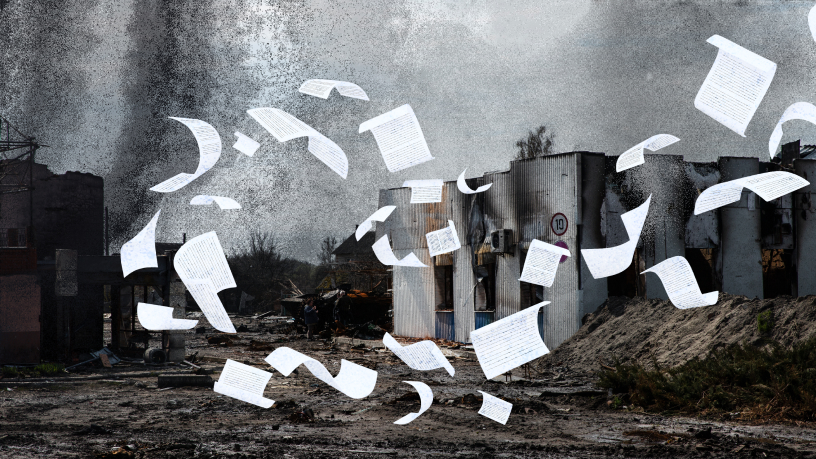
“First Student”. Why SPbSU rushed to ban its staff from publishing in open access scientific journals
St. Petersburg State University was the first Russian university to ban its employees from publishing in international open access journals published by Elsevier. There are good reasons for this: as Elsevier told T-invarinat, the funds received from Russian authors are indeed sent to Ukraine.
-
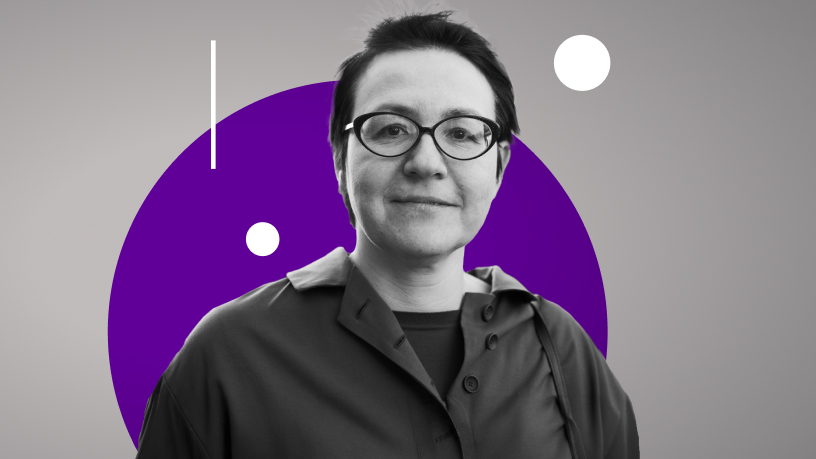
Ekaterina Zhuravskaya: “Expectations from the sanctions were clearly too high”
One of the winners of the George Gamow Prize this year was Ekaterina Zhuravskaya, a professor at the Paris School of Economics. In an interview with T-invariant, she told how modern economic science works, whether it is possible to evaluate the results of sanctions and what studies of Goebbels’ propaganda can tell us about the…
-
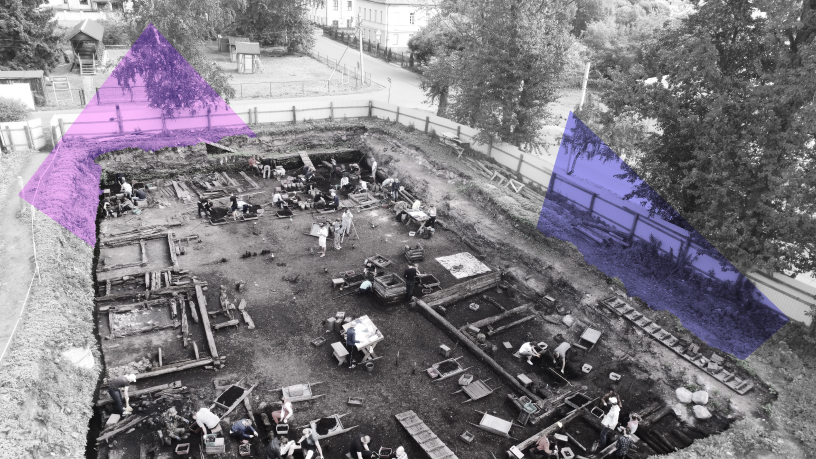
To dig or not to dig? Will the construction of a museum centre hinder the salvation of the Novgorod birch-bark literatures?
“The Troitsk excavation under threat”, “The last chance to learn our history”, “Archaeologists ask for help ” – only a small part of the publications that appeared this autumn. Fears of losing ancient Novgorod literatures are connected with the construction of the historical and archaeological centre, which is due to start this year.
-
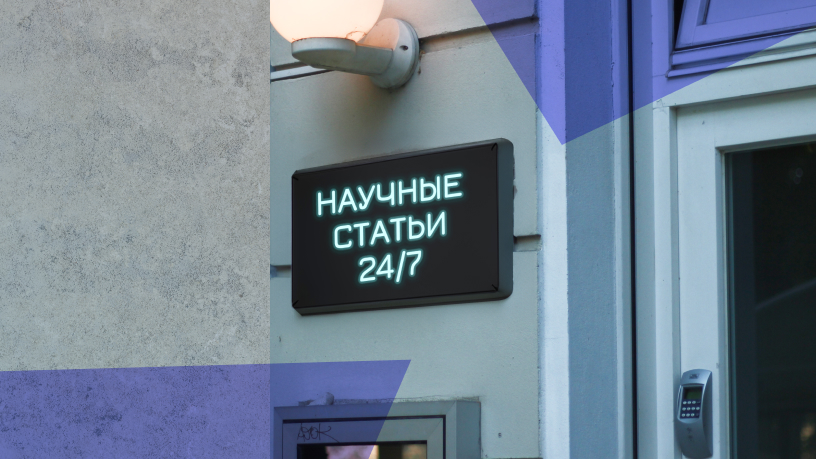
…but it is possible to sell authorship. How a Moscow company forges scientific articles and places them in foreign journals
Recently, American scientist Sam Payne received a review of his own article published three years earlier, but now its authors were five employees of Sechenov University. So the world scientific community learnt about the Russian company “International Publisher”, which is engaged in the production of fake scientific articles and places them for money in major…
-
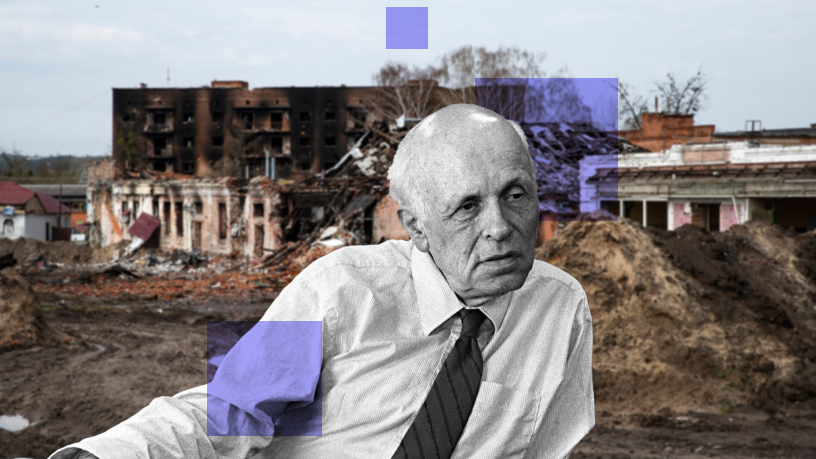
Global Challenges and the Search for Harmony in the Context of the Sakharov Paradigm
The problems of various countries, including Russia, Ukraine, Israel, the USA and China, are part of the global agenda of the future of humanity, including technological and humanistic issues that are being revised today and worry many of us. About the new “dispute of physicists and lyricists” in the context of the Sakharov paradigm “Peace,…
-

The winners of the 2024 Georgiy Gamov Prize have been announced
The Russian-American Association of Scholars has announced the names of the winners of the prize, which is awarded to members of the Russian-speaking scientific diaspora. This year they were Professor Ekaterina Zhuravskaya of the Paris School of Economics and Professor Vladimir Vapnik of Columbia University.
-

Selecting the best vs academic equality: why DEI practices are not catching on in Germany
A recent article by a group of American professors on the introduction of DEI into university practice in the United States has caused a wide resonance. To what extent can DEI be considered a purely American phenomenon, and to what extent has it been assimilated by academic communities in other countries? Germany is a curious…
-

“Sunny Peak” of Sparrow Hills.
How big computational science at Moscow State University became secret and what Putin’s daughter has to do with itMoscow State University has announced the creation of the “world’s second or third most powerful” supercomputer, having purchased components for it through a Chinese firm trading on AliExpress. T-invariant tells us how, under conditions of total sanctions on Sparrow Hills, they managed to assemble a classified computing complex and what Vladimir Putin’s daughter Katerina Tikhonova…
-

Non-free laser on free electrons. How scientists from Russia lost the opportunity to work on a unique facility?
As of 30 November, Russian scientists will no longer have access to the facilities of the European Organisation for Nuclear Research. This is not the only scientific instrument to which access has been closed due to Russia’s invasion of Ukraine. T-invariant takes the example of the European XFEL free electron laser to understand what this…
-
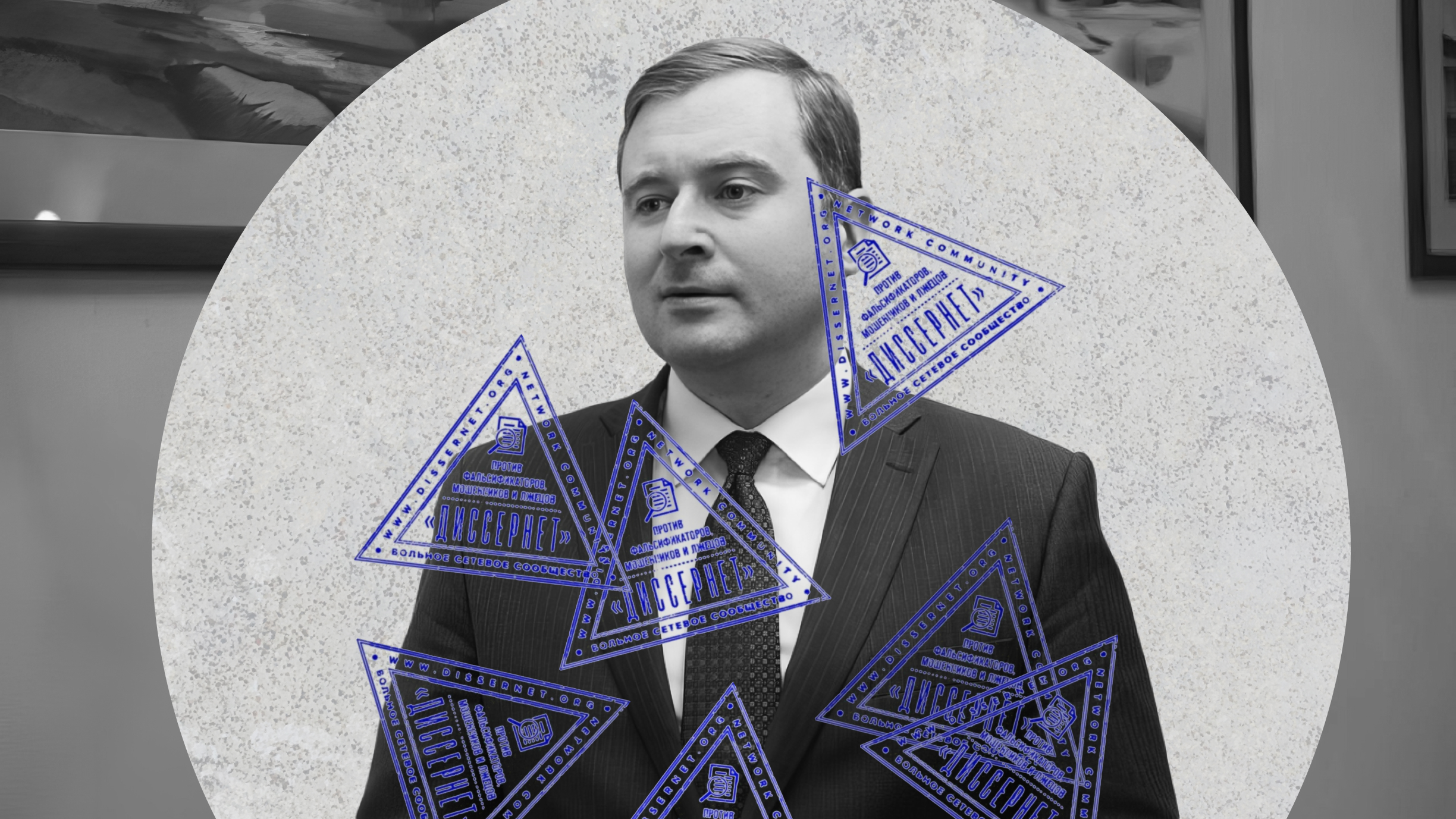
Acting deputy director of IPPI RAS became a scientist with a scandalous reputation
In early September, it became known that Dmitry Repin, who previously held the position of Advisor to the Rector of the Russian Academy of National Economy and Public Administration, was appointed Acting Deputy Director of IPPI RAS. The appointment took place against the background of the ongoing public conflict between the scientific staff of the…
-

“Competent” assistants: how “Dissernet” defendants advise the Ministry of Education and Science
Students of the “School of District Anti-Corruption” together with Groza and T-Invariant studied the composition of expert councils at the Ministry of Education and Science of the Russian Federation. It turned out that more than 10 per cent of the experts who influence decision-making “on the most important issues of the ministry’s activities” are plagiarists…
-

What is happening to the vessel Akademik Nikolai Strakhov and to the Russian scientific fleet
In the Kara Sea, for the second week now, a drama has been developing around the research vessel “Akademik Nikolay Strakhov”, which is stuck there. T-invariant describes the broad context of the problem and tells what role Mikhail Kovalchuk can play in the emergency, who tried in the summer to bring the Institute of Oceanology…
-

Dmitry Dubrovsky: “Our classes are an opportunity to be a little free in an already unfree country”
How do universities in exile try to preserve academic freedoms for those who have lost them? Why and at what point does the idea of boycotts of universities begin to contradict academic freedoms? T-invariant spoke to Dmitry Dubrovsky, PhD in History, Professor at the Free University.
-

Infofield of battle: how and where propagandists are trained in Russian universities today
Since September 1, a number of Russian universities have begun training “information warfare specialists”. Such programs were “tested” even before the full-scale invasion, but this year there have been significantly more of them. T-invariant found out which universities have such programs and who will teach students propaganda.
-

Scientists Who Created the Future: Academic Resistance in Nazi Germany
The internal German resistance to the National Socialist dictatorship is a phenomenon that is not well known to anyone other than specialists. Nevertheless, there were many hotbeds of such struggle. T-invariant tells the story of a group of scientists and teachers who united around professors from the University of Freiburg. Its members worked closely with…
-
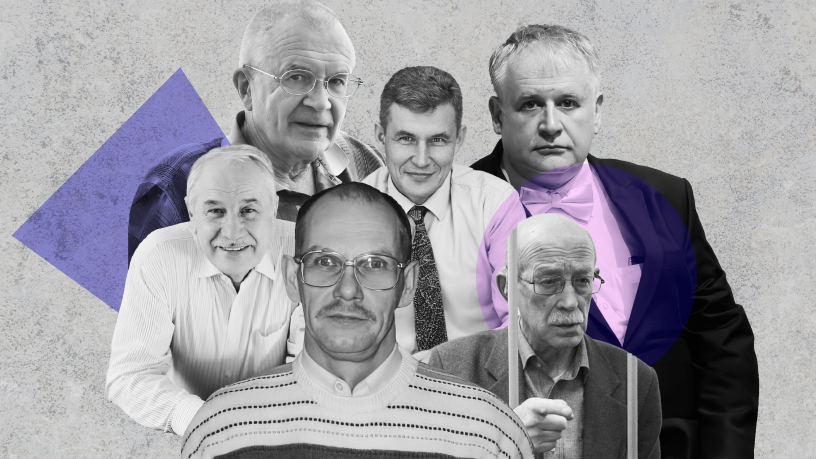
“Hypersonic Horror Continues.” What Physicist Alexander Shiplyuk’s Fifteen-Year Sentence Says
The harsh sentence for the scientist is not an exception to the rule, but the current norm. It was not by chance that the prosecution asked to give Shiplyuk the maximum possible 20 years: the cruelty of the repressions is directly related to the war in Ukraine. Moreover, in the summer of 2023, amendments were…
-
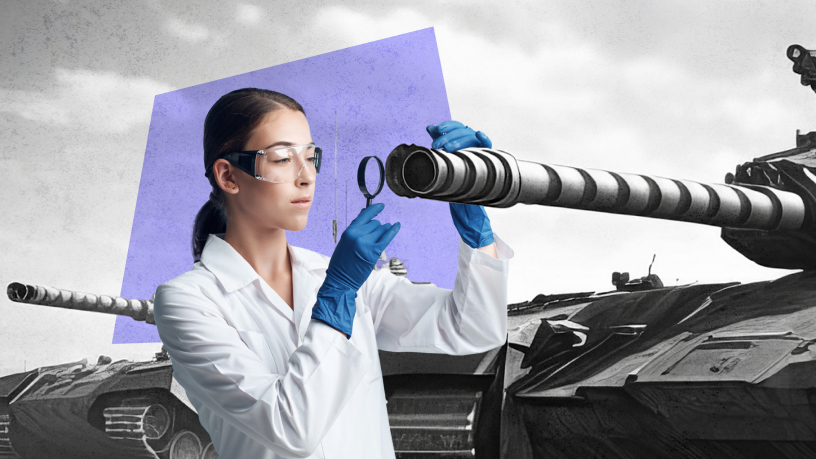
“The Great Russians’ Phase Transition to the Inertial Phase of Ethnogenesis.” How Russian Scientists Are Studying the War in Ukraine
Over the two and a half years that the war in Ukraine has been going on, more than two thousand scientific articles dedicated to the “special military operation” have been published in Russia. Among them are some that have almost no relation to science, as well as quite professional studies by Russian scientists in the…
-

Sanity Check: How and Why Security Forces Destroyed Russia’s Supercomputer Industry
T-invariant is starting a series of materials about the state of the supercomputer industry in Russia and the world. Today we will tell you about the brightest player in this small but strategically important market — the company T-Platforms and its founder — Vsevolod Opanasenko, who has been living under a criminal case for the…
-

“Not all physicists are hackers.” FSB accuses young scientist of organizing DDoS attacks, then of treason
33-year-old physicist Artem Khoroshilov is accused of treason. The FSB declared him a hacker who, on orders from the Ukrainian Armed Forces, organized “attacks on critical information infrastructure facilities.” The employee of the Prokhorov General Physics Institute of the Russian Academy of Sciences could face life imprisonment.
